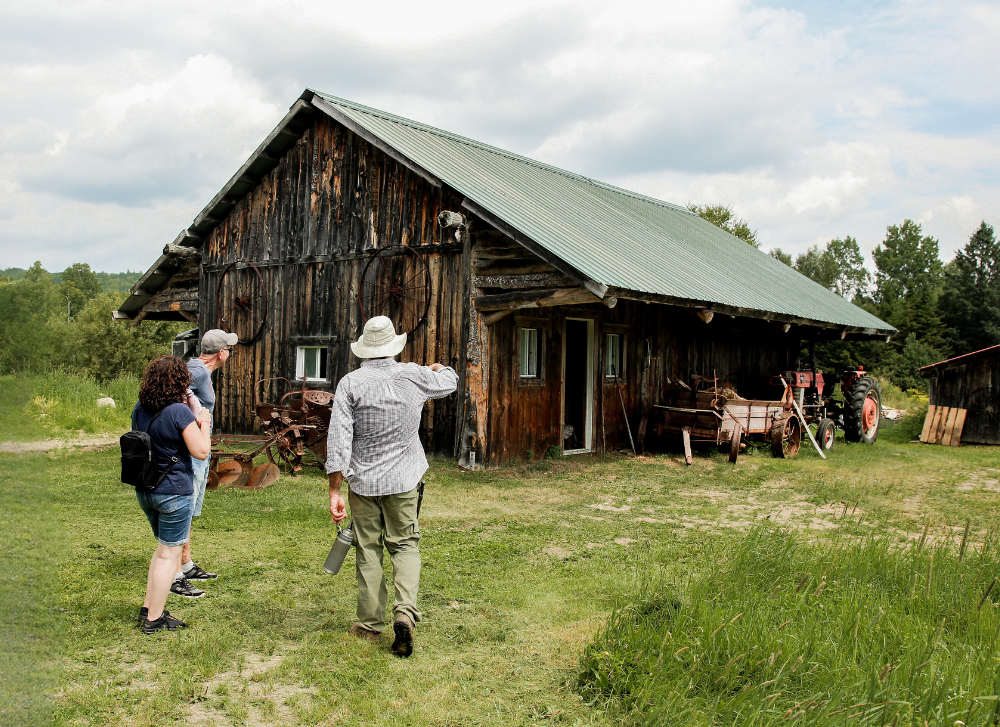What's that? Origins of the podcast
Since the term was coined in 2004, podcasts have become a real phenomenon, with listenership and production constantly increasing as portable audio players have become more modern. Coming from the contraction of iPod and broadcast ( broadcast in English), the term refers to an audio file placed on a platform and intended to be listened to on a portable music player. Thanks to the advent of digital technology, podcasts can now be listened to on all platforms.
Between ease of production and simplicity of consumption, podcasting has experienced dizzying growth over the past five years. This is without taking into account the last year of the global pandemic, which contributed to the democratization of podcasts: those confined, seeking human contact but tired of screens all day long, have largely turned to audio, at least in Quebec.
Conquering the agricultural podcast
What does this have to do with agriculture, you might ask? The answer is very simple. Recurring themes in recent years include politics, art, education, food... and agriculture. Quebecers seem increasingly interested in knowing who is behind the products they buy. Driven by the “Let's Eat Local More Than Ever” movement, the enthusiasm and interest in Quebec agriculture have been felt on our plates, and in our media!
But what do these agricultural podcasts cover? They cover agricultural innovation, animal welfare, sustainable development, mental health, and the financial difficulties of producers. Some podcasts even focus on social groups, such as: Les Agricoles , which gives a voice to women in the agricultural sector; or on a specific industry, such as Porcast , in which the two hosts share their knowledge of advancements and innovation in pig production in a friendly manner. Entertaining and informing are the watchwords in the era of agricultural podcasts!
For some producers and independent farms, the pandemic has significantly slowed down operations, particularly due to the inability to travel. The proliferation of podcasts therefore reflects a desire among stakeholders in the agricultural and agri-food industry to share their experiences or expertise in a much less formal way than through webinars, for example. And unlike agricultural shows, whose primary objective is commercial, podcasts have the advantage of being more educational and entertaining. The cherry on top is that podcasts are inexpensive to produce, and often free to listen to! As a result, they reach a wider audience.
A microphone to find your voice again
These podcasts allow farmers to share their practices with each other, but they also allow the general public to learn a little more about this often overlooked sector. Indeed, due to their remoteness, farmers are still too rarely at the heart of public debate.
Increasingly, however, the broadcasting of agricultural podcasts on traditional mass media such as Radio-Canada or The Press (two of the most widely read French-language media in North America), allows them to promote their position and their opinion.
Podcasts therefore hold immense potential for farmers who wish to raise public awareness about their practices and daily lives. Their ease of production, distribution, and consumption allows for constant innovation. Social media is also a very good way to disseminate them. The advent of participatory culture is partly reflected in the rise of podcasts.
What better way to create a sense of community around those who feed us every day than to make their voices heard?






